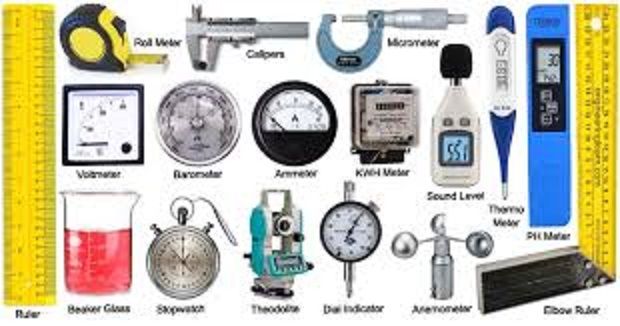Tools of Measurement in Education
Measurement in education is essential for assessing student performance, evaluating the effectiveness of educational programs, and making data-driven decisions to improve the learning process. There are various tools and techniques used in educational measurement.
Here are some of the key tools of measurement in education:
Tests and Examinations: These are the most common tools for assessing student knowledge and skills. They can be in the form of multiple-choice questions, short-answer questions, essays, or performance-based assessments.
Rubrics: Rubrics are scoring guides that provide specific criteria. And performance levels for assessing student work, such as essays, projects, or presentations. They help ensure consistency in grading.
Surveys and Questionnaires: These tools are used to gather information from students, teachers, and parents. Or other stakeholders about various aspects of education. Such as satisfaction, engagement, or perceptions.
Observations: Classroom observations involve trained observers assessing teaching methods, student behavior, and the learning environment. They can be used for teacher evaluations and program improvement.
Portfolios: Portfolios are collections of a student’s work over time. They can include essays, projects, artwork, and other artifacts that demonstrate growth and achievement.
Performance Assessments: Performance assessments require students to demonstrate their skills and knowledge in real-world scenarios. Examples include science experiments, debates, or oral presentations.
Standardized Tests: These are uniform tests administered to large groups of students. Often with the goal of comparing performance across schools, districts, or regions. Examples include the SAT, ACT, and state assessments.
Self-Assessment: Students can assess their own learning and performance through self-assessment tools, helping them reflect on their progress and set goals.
Peer Assessment: In peer assessment, students assess the work of their peers. This can promote collaborative learning and provide valuable feedback.
More Here…
Checklists: Checklists are used to record the presence or absence of specific behaviors, skills, or criteria. They are often used in early childhood education and special education settings.
Anecdotal Records: Teachers may keep anecdotal records of student behavior and progress, noting specific incidents or observations that inform their understanding of a student’s development.
Electronic Learning Management Systems (LMS): Online platforms like Moodle, Blackboard, and Canvas often include tools for creating and grading assignments, quizzes, and discussions, streamlining the assessment process.
Assessment Software: Various software tools and platforms are designed specifically for creating. Scoring assessments, providing analytics, and generating reports.
Assessment Analytics: Data analytics tools can be used to analyze assessment data to identify trends. Patterns, and areas for improvement in education.
Performance Metrics: Educational institutions may use performance metrics. Such as graduation rates, and retention rates. Standardized test scores to assess the overall effectiveness of their programs.
Formative Assessment Tools: These tools, can include clicker systems, and online polls. Instant feedback quizzes, help teachers gauge student understanding during the learning process to make real-time instructional adjustments.
Behavioral Logs: In special education and counseling. Behavioral logs are used to track and measure changes in behavior over time.
Note:
These tools of measurement in education serve different purposes. And can be used in various combinations to provide a comprehensive assessment of students. Learning, program effectiveness, and overall educational quality. The choice of tools depends on the specific goals and needs of educators and institutions.
